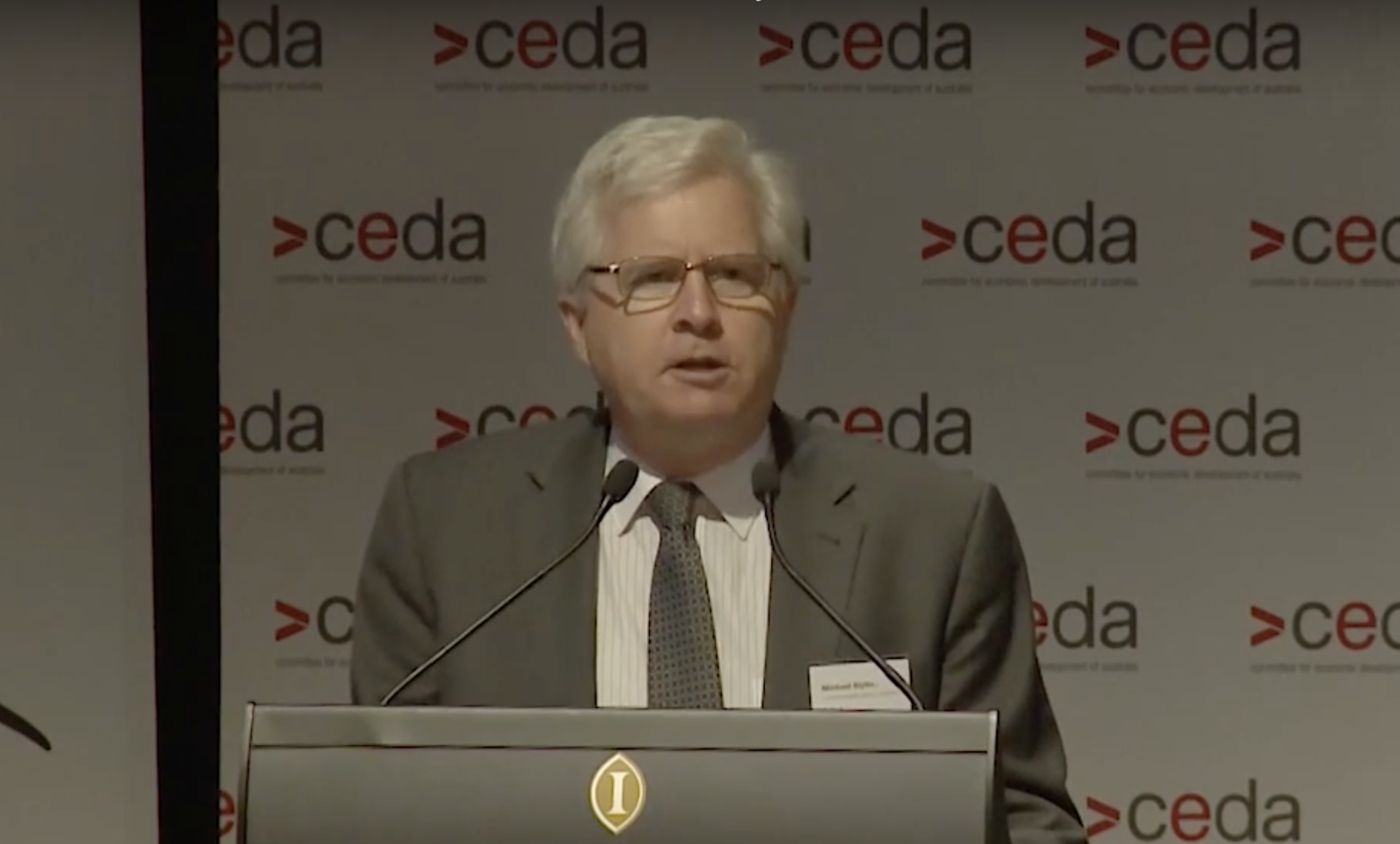Housing Market May Trigger Economic Instability in 2019: CEDA
Australia’s economy didn’t fare so badly in 2018, but high household debt and falling house prices pose significant risks to the nation’s economy in 2019, according to CEDA’s annual political and economic overview.
In 2018, Australia ousted yet another Prime Minister, while America’s Presidency hinges on an impeachment that appears more likely than not at this point. The British Prime Minister has had her fair share of Brexit-related headaches and China’s strength is cause for concern.
“Arguably in almost 40 years of producing the CEDA EPO report, there has never been a year with so many question marks about how the year will unfold,” CEDA chief executive Melinda Cilento said.
And Australia’s housing market is fuelling further uncertainty.
“Housing is a constant source of concern in the analysis of Australian domestic risks,” contributing author CBA chief economist Michael Blythe said.
“Debt and price concerns will carry over in 2019, with fears intensified by growth uncertainty, weak income growth, volatile financial markets, falling dwelling prices, political dynamics and debate about a credit crunch.”
Related: House Prices to Fall 20% in Sydney, Melbourne: UBS

At the end of 2018, household debt was equivalent to 127 per cent of GDP – 189 per cent of disposable income – and the price income ratio is sitting close to record highs.
Despite some of the largest house price falls in 35 years, Australia's house price income ratio is more than double the rate of the early ’80s.
Blythe says that a trigger is needed to turn household debt into a serious problem for the economy and financial system.
“Rising unemployment and/or rising interest rates are the traditional triggers. But both seem unlikely at present.
“Most household debt is housing related. So, the housing market itself is a potential trigger.”
‘A new risk is emerging’
Recent analysis by the RBA examining price trends in markets dominated by investor activity (compared to markets dominated by owner-occupiers) showed that the bulk of price falls since the 2017 peak are in investor-dominated segments of the market.
“It seems that most of the price action in the down phase is a regulatory driven outcome,” Blythe said.
“And not an indication of any fundamental imbalance in the housing market that could produce a more catastrophic outcome.”
And while the credit curbs by Australia’s regulators worked well to reduce the financial stability risk from excessive investor-only lending, Blythe points to a new risk: payments on principal and interest loans.
“The RBA has estimated, for example, that repayments on an interest-only loan increase by 30–40 per cent after the switch to P&I.
“Subdued income growth means any increase in mortgage payments reduces household spending power.”













